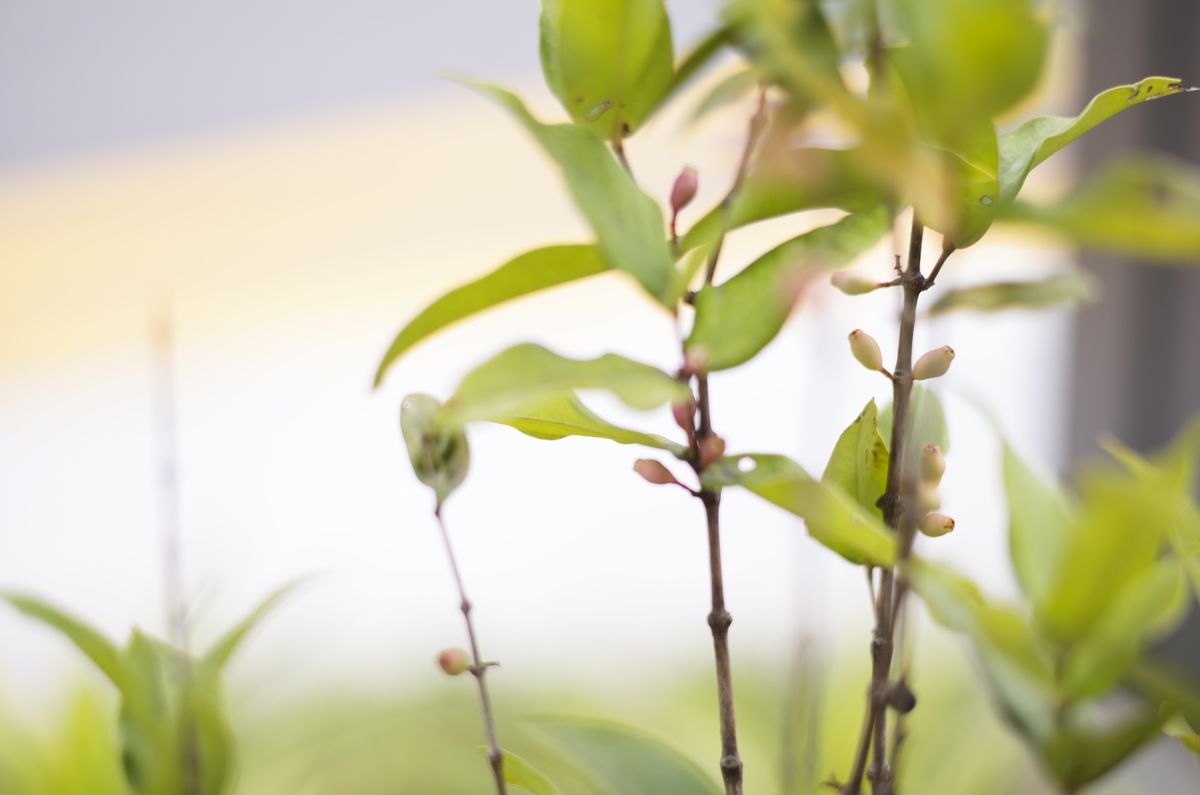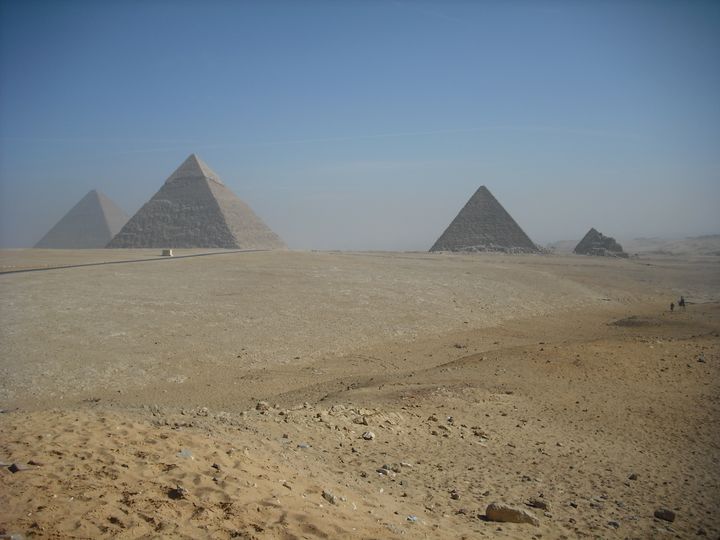QT 03/03/2025 Mon. Isaiah 16. Futile trust & Fruitful trust. 徒劳无益的信任和富有成效的信任。

QT 03/03/2025 Mon. Isaiah 16. Futile trust & Fruitful trust.
READ http://www.esvbible.org/isaiah16
Between harshness and spinelessness lies firmness.
Isaiah 16:5 then a throne will be established in steadfast love,
and on it will sit in faithfulness
in the tent of David
one who judges and seeks justice
and is swift to do righteousness.” (ESV)
Readers were then shown the extreme contrasts of the narrative of pride:-
Isaiah 16:6
[6] We have heard of the pride of Moab—
how proud he is!—
of his arrogance, his pride, and his insolence;
in his idle boasting he is not right. (ESV)
Misplaced trust of all kinds would have to be operated on and amputated and treated. Readers sympathised with Moab's cry for help from Assyria. Moab now sought protection from those assocaited with "the mountain of the daughter of Zion", i.e. Judah. They indicated their willingness to submit to Judah by their sending of the tribute ("the lamb", 16:1). But the prophet was firm to point out both Moab and Judah cannot be the ultimate security for each other.
REFLECTION: Trust in human institutions and companies big or small for life's important security and assurances would ultimately become futile. Don't you agree?
The prophet pointed readers to the alternative fruitful trust–trust in the LORD, who would uphold the tent of David. This implied that the name, ancestry and grandeur of "David" would be upheld and survive all the politics of Isaiah's days and thereafter. This name carries with it many implications, be it religious, values and impact on those following this narrative, as it points to the Saviour that was to come.
Isaiah 16:5 also highlighted the foundation of this name David—steadfast love and not military might. Faithfulness and not political mastery. Justice instead of cronyism. Righteousness instead of covering up wrong in the face of glaring evidence. Swiftness to act on God's will rather than procrastination and excuses after excuses.
REFLECTION: Trust in God does not exclude working hard with God-given resources, talents and gifts. Trust in God does not exclude personal responsibility in striving to influence culture, morality, education and welfare of humanity. But, again, we ask, in whom do you really trust?
QT 03/03/2025 星期一. 以赛亚书 16. 徒劳无益的信任和富有成效的信任
阅读 http://m.bbintl.org/bible/ncv/isa/16
在严苛与懦弱之间,是坚定。
以赛亚书 16:5 必有一个宝座在慈爱中建立;必有一位凭信实坐在上面,就是在大卫的帐棚里;他必施行审判,寻求公平,并且迅速行公义。”
然后,读者们看到了关于骄傲的极端对比的叙述:-
以赛亚书 16:6 我们听说过摩押的骄傲,十分骄傲;也听说过它的狂妄、骄傲和忿怒,它那浮夸的话都是虚假。
各种错位的信任都需要手术、截肢和治疗。读者们同情摩押向亚述求救的呼声。摩押现在寻求与 “锡安女儿的山”(锡安居民,犹大)有关的人的保护。他们送来贡品(“羊羔”,16:1),表示愿意臣服于犹大。但先知坚定地指出,摩押和犹大不可能成为彼此的最终保障。
反思:信任人类机构和大小公司来获得生命中重要的安全和保证,最终将是徒劳的。你同意吗?
先知向读者指出了另一种富有成效的信任--对耶和华的信任,他将维护大卫的帐幕。这意味着 “大卫 ”的名字、后裔和伟大将得到维护,并在以赛亚时代及之后的所有政治中存活下来。这个名字蕴含着许多含义,无论是宗教、价值观,还是对追随这段叙述的人的影响,因为它指向了即将到来的救世主。
《以赛亚书》16:5 还强调了大卫这个名字的基础--坚定的爱,而不是军事力量。忠实而非掌握政治的手段。正义而不是任人唯亲。正义,而不是在明显的证据面前掩盖错误。迅速按照上帝的旨意行事,而不是一拖再拖,找各种借口。
反思:信靠上帝并不排除利用上帝赐予的资源、才能和天赋努力工作。信靠上帝并不排除个人应尽的能够影响文化、道德、教育和人类福祉的责任。但是,我们还是要问,你真正信靠的是谁?
[90mm, apo, 11p, L1009150]


